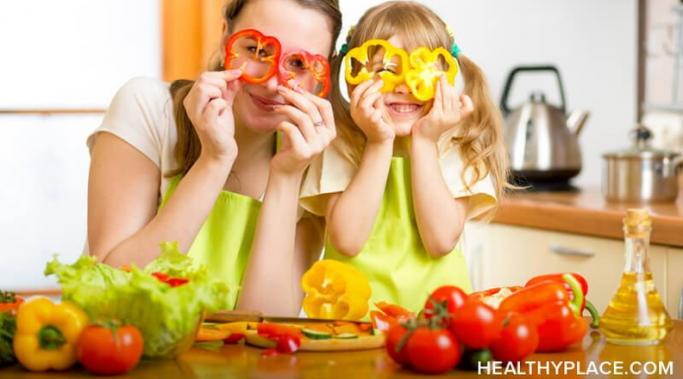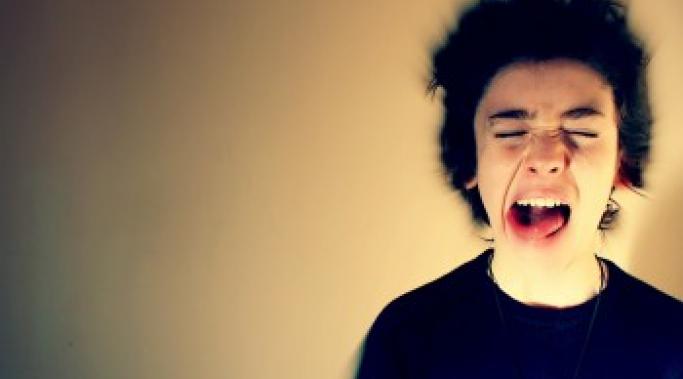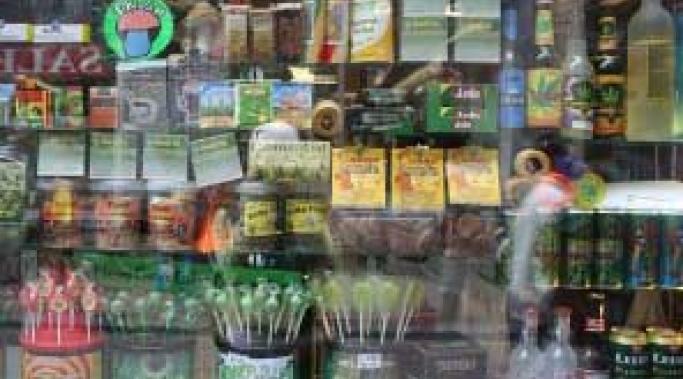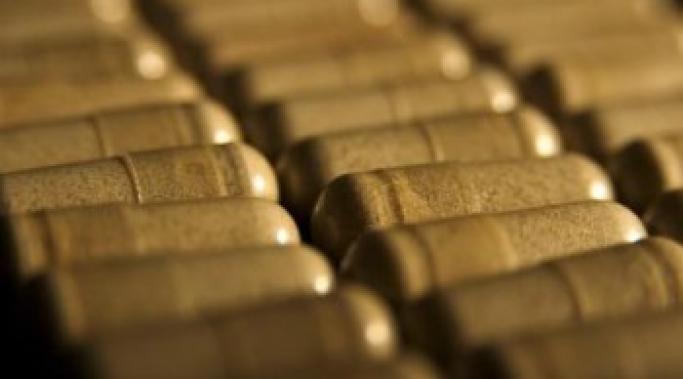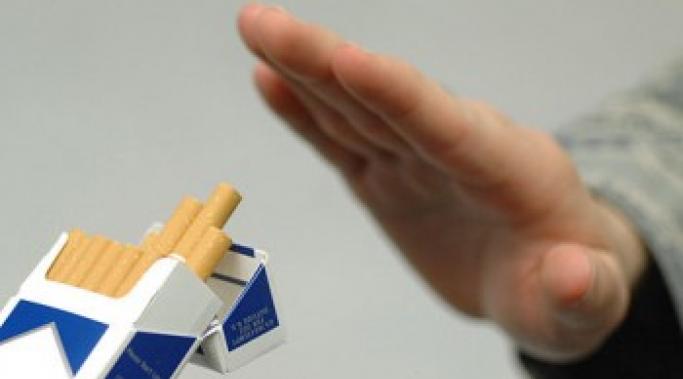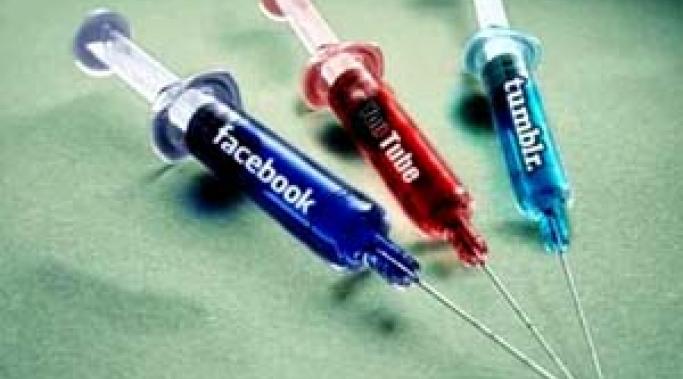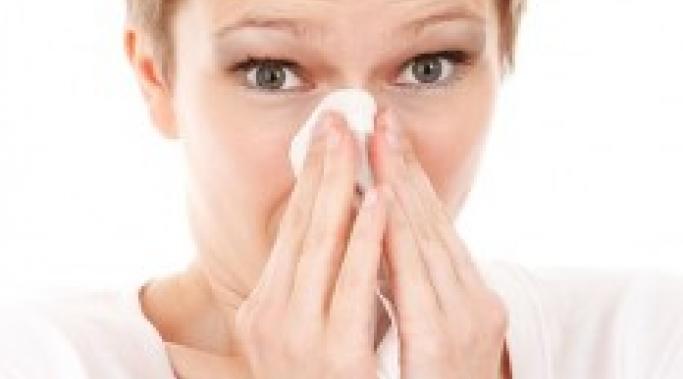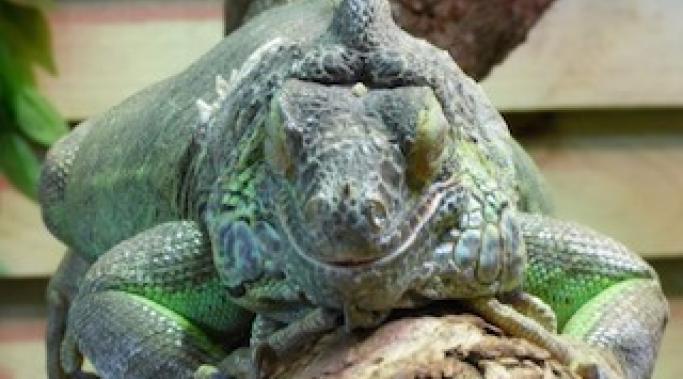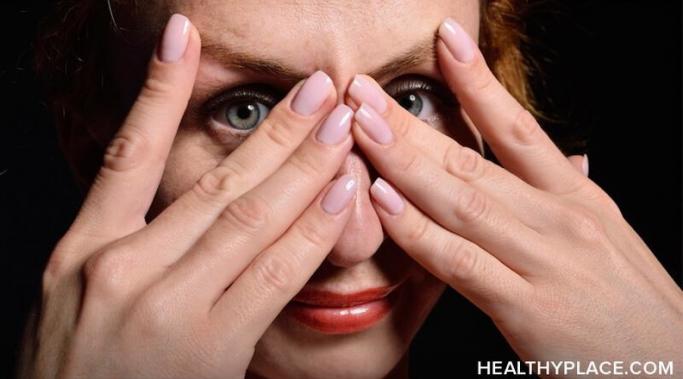Concerns over having a clean and sober holiday pop up all year round, but especially in the fall and winter months. Every year it happens -- people start talking about the holidays, complaining, planning and worrying. It seems like starting in October, the curmudgeons start to become more vocal. Personally, I enjoy the season, although it can certainly be stressful. Most of us field a lot of expectations, invitations and obligations in November and December. For those of us in addiction recovery, all these events can bring addiction triggers, especially when others are drinking around us and staying clean and sober can become a challenge.
Debunking Addiction
Recognize other ways of dealing with stressful situations in order to avoid drinking or using your substance of choice.
A Recovering Alcoholic Reacts to Marijuana Legalization
My state just legalized recreational marijuana. What does this mean for me as a person in addiction recovery? My initial thought is, it doesn't mean much. As a rule, I practice abstinence from drugs that are mind-altering. For me, this includes alcohol, marijuana, all illegal substances, benzodiazepines and prescription painkillers.
Is it okay to take prescription pain medication when you're a recovering alcoholic or addict? Does getting sober mean you can never take a drug of any kind for the rest of your life?
On a warm October day, I hurried to to class, maneuvering around groups of slower-moving students. I checked my phone - fifteen minutes before class started, enough time to pop into the mini mart and buy some iced tea or soda. Approaching the entrance, I smelled the faint scent of fresh cigarette smoke from a passerby. Then my eyes caught the posters featuring cigarette brands on the mini mart door. All of the sudden, pleasurable memories wafted over me. I could feel the cigarette between my fingers and taste the hot smoke. I was experiencing a smoking craving.
Have you heard of social media addiction? In droves, we engage on social media with selfies, Likes, follows, and shares. These are actions that positively re-enforce the idea that social media tools provide us with good feelings. Like any pleasure-seeking activity, social media tools are addictive. With our society’s dramatic shift toward interacting over the internet and social media tools, it is easier than ever to develop an addiction to social media. Just recently, a man was treated for an addiction to Google Glass™.
Hi, my name is Becky and I’m a grateful, recovering alcoholic – and I mean that with total sincerity. My life was changed for the better when I finally put down the bottle in November of 2009. Consequently, I have been blessed with incredible friendships and a life that I never knew I wanted.
Getting sick raises questions and concerns for people in substance abuse recovery. As the leaves fall and the heaters turn on, colds, flus and other illnesses make the rounds. Personally, I am prone to developing sinus infections. Every time I come down with something, I have to consider what kinds of remedies are safe for me as a person in recovery.
In addiction treatment, one of the concepts that gets tossed around a lot is that of the "lizard" or "reptilian" brain. It comes from the triune brain model set forth in the 1960s by American neuroscientist Paul MacLean. According to this model, human brains comprise the most advanced product (thus far) in mammalian evolution, sharing some properties with our evolutionary ancestors. We have essentially three parts:
The reptilian complex (basal ganglia)
The paleomammalian complex (limbic system)
The neomammalian complex (neocortex)
As it relates to addiction, the idea is that addicts are engaged in a struggle between their reasoning (neocortex) on the one hand and their instinctual, compulsive reptilian brain on the other.
Early in recovery, a young woman who had gotten sober several years before me gave me some good advice. She said that when I felt like drinking, I should make a list of possible actions I could pursue and rank them in order from least destructive to most destructive. Actions such as praying or taking a bath would probably rank high on the list, while drinking and suicide would come in last. In the middle, I might list such things as shirking responsibilities to watch TV all day or going on a reasonable shopping spree. (I should mention, I have not struggled with shopping addiction.) When I felt the urge to drink or use, I was to start at the top of the list and work my way down.
